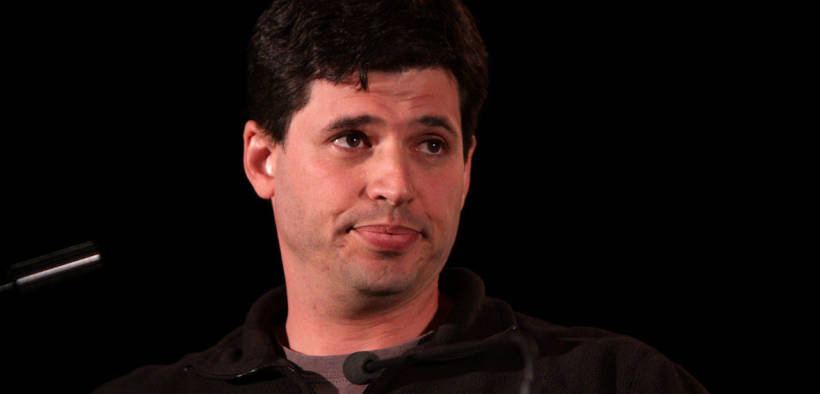‘World War Z’ Author Max Brooks: Hollywood Can Translate Message of Scientists

Author Max Brooks is making headlines for suggesting that Hollywood could help relay the message of scientists during the global pandemic.
It’s somewhat fitting, since the COVID-19 virus has the cinematic sweep of an apocalyptic film — replete with mysterious origins for the disease, global hysteria, and massive ramifications for humanity that will go down in history.
Brooks, whose 2006 book “World War Z” inspired a popular film of the same name, discussed the possibility of scientists and Hollywood to merge forces during a Comic-Con@Home panel. The annual event, Comic Con, usually takes place in San Diego every summer with huge attendance and star-studded panels that discuss various mediums of popular culture, although it originated from a focus on comic books.
The title of his panel was indeed very direct: “Zombies and Coronavirus: Planning for the Next Big Outbreak.” Mostly known for writing books on zombies, Brooks was also joined by a group of scientists for the panel. They recalled World War II, when the entertainment industry was enlisted to help support the war effort. Brooks specifically cited Why We Fight, a series of documentary films commissioned by the U.S. government during the war.
Brooks pointed out how there is a communication problem between medical experts and the public. The other panel members mostly agreed, citing obstacles such as a public that often mistrusts science and the general ignorance of how science functions.
Indeed, with a new virus like COVID-19, experts are literally learning about it in real time and can be prone to mistakes — such as their initial claim that face masks weren’t necessary — and can’t provide a clear timeline on a vaccine. This inevitably leads to some citizens to discount the validity of what they hear in the media about the pandemic.
Also on the panel, Shanna Ratnesar-Shumate of the University of Nebraska Medical Center, added that scientists aren’t usually the best at talking about science to the general public.
Does Brooks have a point or is it fanciful to believe people can take cues on serious subjects from Hollywood — which is often riddled with one-dimensional stereotypes, a lack of diversity that doesn’t represent reality, and simply imaginative scenarios? Hollywood is certainly powerful because people will always love to be entertained or to escape, for sure — but it’s not necessarily seen as a respectable way to glean knowledge. However, as Brooks pointed out, documentaries could be a more credible outlet.















